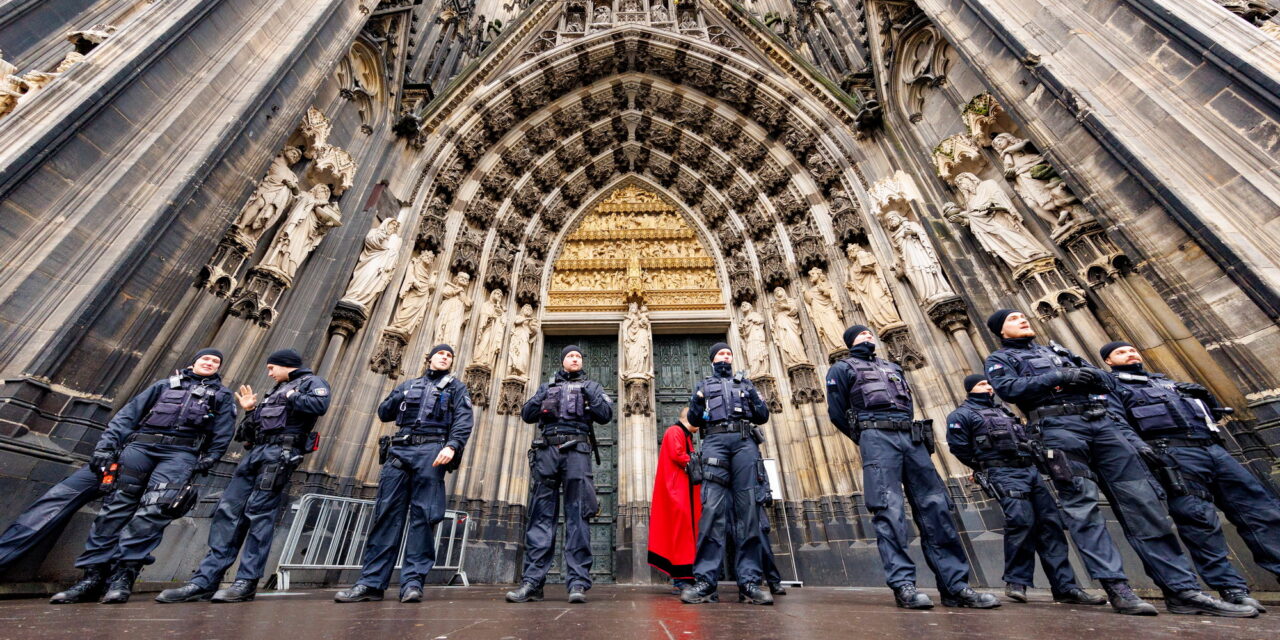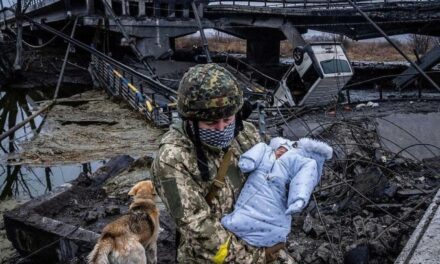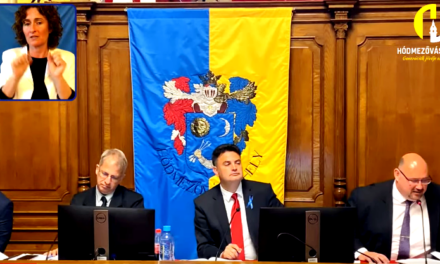Recent years have shown that in many large German cities the last day of the year is not only a festive occasion, but also a public safety challenge: there have been reports of attacks on ambulances, burning vehicles and fireworks.
During the New Year's Eve celebrations in several large Western European cities, especially in Germany, significant atrocities have occurred in the past period. In Berlin in 2022, pyrotechnic devices were not only used to celebrate, but also to attack passers-by, vehicles and buildings, and even the police and firefighters became targets. The fire department received more than 1,700 alarms during the night, which is an exceptionally high number compared to previous years.
New Year's Eve in Cologne was also memorable in 2015. There have been mass sexual assaults and robberies, mostly committed by migrants. The victims are mainly women who were attacked during the night.
The local police admitted that they encountered serious problems in handling the situation. At that time, 12 of the 16 German states had gang-related sexual crimes and robberies, as well as robberies committed against women and aggravated by sexual harassment. Vandalism and violent atrocities were rampant in Hamburg and Stuttgart in the past.
In connection with the events, German public opinion and politics also demand the tightening of public safety measures.
Most recently, during the Advent season, a Christmas market in Germany turned into a tragedy again, when a car drove into the crowd at the Magdeburg market and several people died, including a small child. The perpetrator was a Saudi immigrant with a Muslim background.
Terrorist attack with many dead at a Christmas market in Germany
The elementary indignation of German society and these brutal cases also show that there is a need to strengthen public security during the festive periods and on New Year's Day.
Berlin has strict bans on pyrotechnics, for example at Alexanderplatz, Sonnenallee and the Brandenburg Gate, eXXpress wrote.
"We want to prevent and avoid dangerous situations in the first place," said a police spokesman.
Controls by security forces and the police will be significantly increased to prevent violations of fireworks regulations. New in Frankfurt this year will be the use of police drones and a video protection zone, whose live recordings serve to detect potential threats early.
"Our specially trained emergency services can react quickly and concretely," explained the police spokesperson.
In North Rhine-Westphalia, Cologne and Düsseldorf have created firecracker-prohibition zones in several places.
However, according to experts, "local bans are often not enough when incidents spread across the city".
Bavaria and Lower Saxony focus on the protection of historic city centers and fire-prone buildings. In Munich, fireworks will be prohibited in the city center, while Lower Saxony particularly protects wooden houses and thatched roofs. But whether these measures are sufficient to tackle the challenges at night remains doubtful.
Violence in Germany is currently escalating dramatically. Especially after the Magdeburg attack, far-reaching measures must now be taken for public safety.
Cover image: Police officers line up in front of the entrance to Cologne Cathedral
Source: MTI/EPA/Christopher Neundorf













